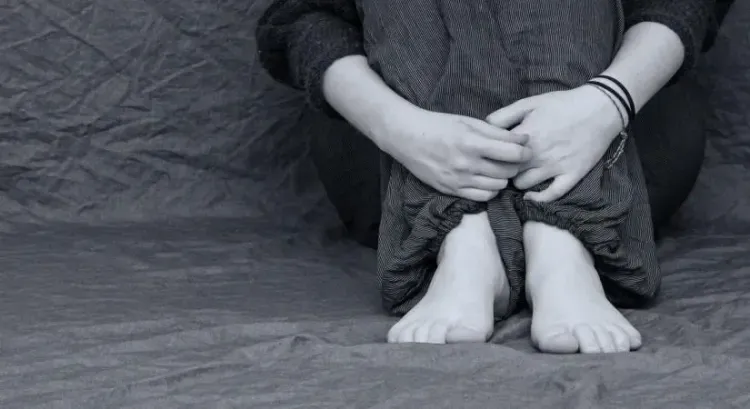Can Mindfulness Help Alleviate Anxiety?

Synopsis
Key Takeaways
- Mindfulness enhances cognitive control.
- It can significantly reduce anxiety symptoms.
- Different mindfulness practices may suit different anxiety types.
- Open monitoring meditation can help with physical anxiety symptoms.
- Scientific research supports mindfulness as an effective treatment.
New Delhi, May 18 (NationPress) Researchers have found that mindfulness can effectively reduce anxiety by enhancing a cognitive process known as cognitive control. Engaging deeply with the present moment in a non-judgmental way — the essence of mindfulness practices — can alleviate anxiety and enhance concentration, according to Resh Gupta, a postdoctoral research associate at the Mindfulness Science and Practice research cluster at Washington University in St. Louis, USA.
“Numerous studies have demonstrated that mindfulness can significantly decrease symptoms of anxiety,” she noted.
“Anxiety is a universal experience, but it can present itself in various forms. Pinpointing it can be challenging,” she remarked in a paper published in Neuroscience and Biobehavioral Reviews.
Gupta and her colleagues introduced a novel perspective on the link between mindfulness and anxiety. They suggest that rather than a universal remedy, different types of mindfulness practices may be beneficial for various anxiety types. This proposed framework aims to assist in tailoring more effective treatments for those suffering from anxiety.
Todd Braver, a professor of psychological and brain sciences and co-author of the paper, commented that there is increasing acknowledgment of the substantial benefits these practices can provide in enhancing psychological health.
“However, we still lack a comprehensive understanding of the mechanisms through which mindfulness exerts its positive effects. Scientific research plays a crucial role in precisely identifying the reasons and methods behind the efficacy of certain practices,” Braver emphasized.
Individuals who are highly alert and experiencing severe physical symptoms of anxiety — such as rapid heart rates, sweaty palms, and chest tightness — might require alternative strategies.
“For this type of anxiety, a mindfulness meditation technique known as open monitoring could be advantageous,” Gupta explained. “Instead of concentrating on a single object, like the breath, one can observe both internal and external experiences moment by moment in a non-reactive and non-judgmental manner.”
Braver is optimistic that recent studies from their cluster and other institutions will foster a broader understanding of the diverse range of practices encompassed in mindfulness.








